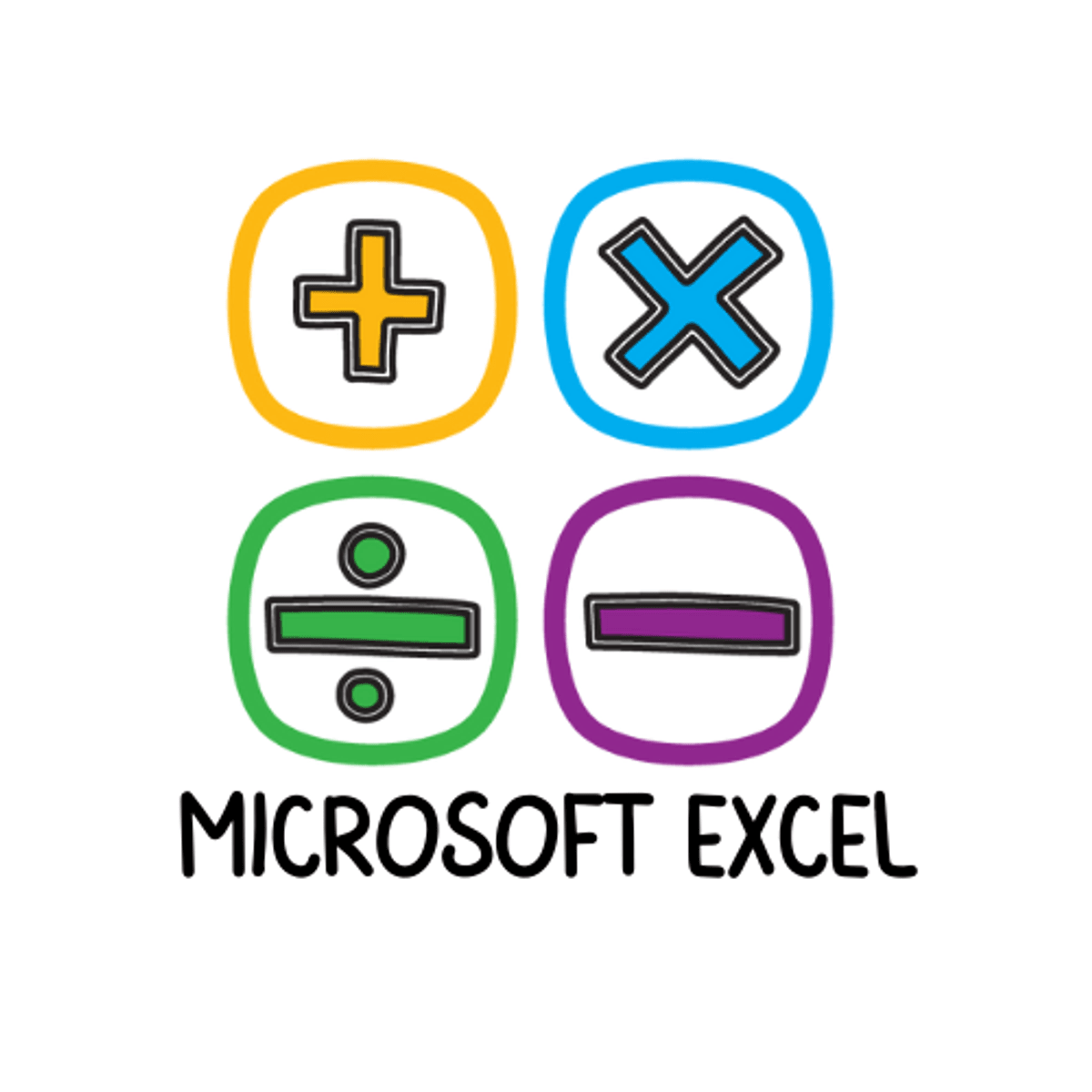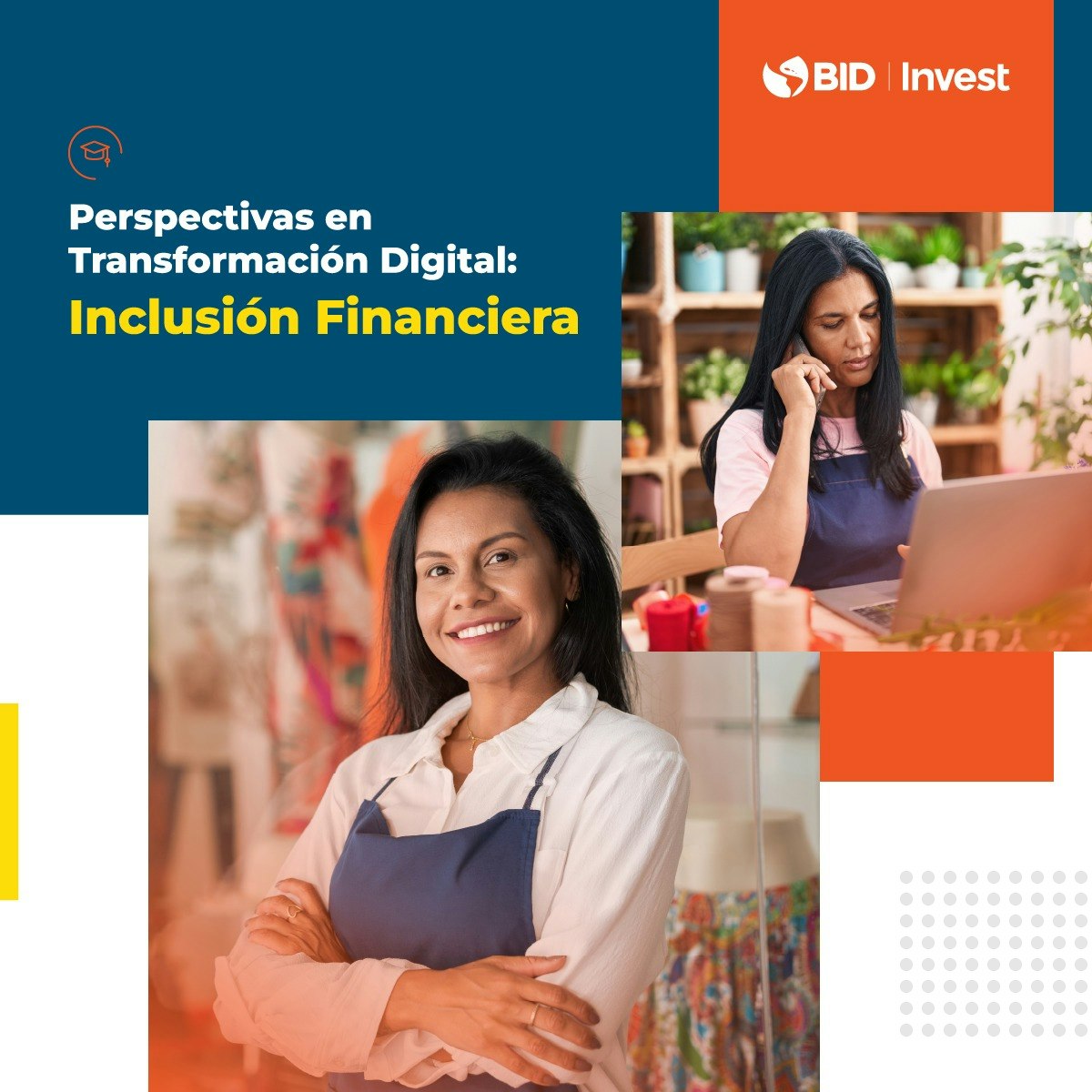Personal Banker
Understanding the Career Path of a Personal Banker
A Personal Banker serves as a primary point of contact for individual clients within a retail bank. They focus on building relationships, understanding clients' financial needs, and offering appropriate banking products and services, such as checking and savings accounts, credit cards, loans, and basic investment options. Think of them as a dedicated guide helping navigate the often complex world of personal finance within their specific institution.
Working as a Personal Banker can be engaging for those who enjoy direct client interaction and problem-solving. It offers the chance to help people achieve their financial goals, whether it's saving for a house, planning for retirement, or managing daily finances more effectively. The role often involves a mix of service, sales, and financial guidance, providing a dynamic work environment.
What Does a Personal Banker Do?
Understanding the specific duties and focus of a Personal Banker is key to distinguishing this role from others within a bank. While roles overlap, the Personal Banker often holds a unique position centered on relationship management.
Core Responsibilities and Daily Tasks
The daily activities of a Personal Banker are varied but typically revolve around client needs. This includes opening new accounts, processing loan applications (like personal loans or auto loans), and addressing account-related issues or inquiries. They spend significant time meeting with clients, either by appointment or walk-in, to discuss their financial situations.
A crucial part of the role involves recommending financial products and services. Based on conversations with clients, a Personal Banker identifies needs and suggests solutions like specific types of savings accounts, credit cards with suitable rewards programs, or referrals to mortgage or investment specialists within the bank. They are often expected to meet certain sales goals for these products.
Account management is another key responsibility. This involves monitoring client accounts, identifying potential issues or opportunities (like maturing CDs), and proactively reaching out to clients for reviews or updates. Maintaining accurate records and ensuring compliance with bank procedures are essential daily tasks.
Distinguishing Personal Bankers from Other Roles
It's helpful to differentiate Personal Bankers from other common banking positions. Bank Tellers, for instance, primarily handle routine transactions like deposits, withdrawals, and check cashing. While they provide customer service, their interactions are typically shorter and transaction-focused.
Loan Officers specialize in specific types of loans, such as mortgages or business loans. They conduct in-depth analysis of creditworthiness and manage the loan application process from start to finish, requiring specialized knowledge in lending.
While Personal Bankers may handle basic loan applications, complex cases are usually referred. Similarly, they might introduce investment concepts, but licensed Financial Advisors or Wealth Managers handle detailed investment planning and portfolio management. The Personal Banker acts more like a generalist relationship manager for a client's core banking needs.
Importance in Client Relationships and Financial Services
Personal Bankers are pivotal in building and maintaining customer loyalty. By providing personalized service and acting as a consistent point of contact, they help clients feel valued and understood. Strong relationships can lead to increased business for the bank as clients are more likely to consolidate their financial activities where they feel well-supported.
They act as the face of the bank for many clients, translating complex financial information into understandable terms. This guidance helps clients make more informed decisions about their money, fostering financial literacy and confidence. In an era of increasing digital banking, the human connection provided by a Personal Banker remains a significant differentiator for traditional banks.
Their role bridges the gap between basic transactional services and specialized financial advice. They ensure clients are aware of the full range of services the bank offers, effectively connecting them to the right resources, whether it's a digital tool, a specialized advisor, or a specific financial product. This holistic approach is central to modern retail banking strategy.
Day-to-Day Work and Required Skills
The role of a Personal Banker involves a blend of customer service, sales acumen, and financial knowledge, executed within a regulated environment. Understanding the practical aspects of the job is crucial for anyone considering this path.
A Typical Day: Account Management and Product Sales
A Personal Banker's day often starts by reviewing client portfolios, identifying upcoming needs (like maturing certificates of deposit), and preparing for scheduled appointments. Much of the day is spent in direct client interaction, discussing financial goals, opening accounts, processing loan requests, and resolving issues.
Recommending and selling bank products is a core function. This requires understanding the features and benefits of various accounts, loans, credit cards, and basic investment options offered by the bank. Bankers need to match these products effectively to client needs identified through conversation and financial review.
Administrative tasks are also part of the routine. This includes documenting client interactions in the bank's Customer Relationship Management (CRM) system, processing paperwork accurately, and ensuring all actions comply with internal policies and external regulations. Time management is key to balancing client meetings, sales activities, and administrative duties.
Building Rapport: Client Interaction and Relationships
Effective communication and interpersonal skills are paramount. Personal Bankers must be adept at listening actively to understand a client's full financial picture, asking pertinent questions, and explaining complex financial concepts clearly and simply.
Building trust is fundamental. Clients share sensitive financial information, and they need to feel confident in their banker's competence and integrity. This involves demonstrating genuine interest in their well-being, following through on promises, and providing consistent, reliable service over time.
Relationship management extends beyond single interactions. Proactive outreach, regular financial check-ins, and remembering personal details can strengthen the client-banker bond. This long-term perspective helps retain clients and encourages them to turn to their Personal Banker first for financial guidance.
For those looking to enhance their customer interaction abilities, focusing on active listening and communication techniques is beneficial. Many professional development resources are available to hone these skills.
Staying Compliant: Regulations and Ethics
The banking industry is heavily regulated. Personal Bankers must have a solid understanding of relevant laws and regulations, such as those related to consumer protection, anti-money laundering (AML), and data privacy (like GDPR or CCPA). Adherence to these rules is non-negotiable.
Training on compliance procedures is typically provided by the employer and is ongoing. Bankers need to stay updated on changes in regulations and internal policies. This includes properly verifying client identities, ensuring disclosures are made correctly, and handling confidential information securely.
Ethical conduct is crucial. Personal Bankers often face potential conflicts between meeting sales targets and acting in the client's best interest. Maintaining transparency, providing suitable recommendations (not just the most profitable ones), and prioritizing client needs are essential ethical responsibilities.
Charting a Course: Career Progression
A role as a Personal Banker can be a stepping stone to various opportunities within the financial services industry. Understanding the typical career trajectory can help you plan your professional development.
Getting Started: Entry-Level Requirements
Most entry-level Personal Banker positions require a high school diploma or equivalent, although an associate's or bachelor's degree in fields like Finance, Business, or Marketing is often preferred and can facilitate advancement. Prior experience in customer service or sales, particularly in a retail environment, is highly valued.
Strong communication, interpersonal, and problem-solving skills are essential from day one. Comfort with basic math and computer proficiency, including familiarity with banking software or CRM systems, are also important. Banks often provide initial training on products, services, and compliance procedures.
For those transitioning from other fields, highlighting transferable skills like client management, sales success, or experience handling financial transactions can strengthen an application. Persistence and a willingness to learn the specifics of banking products are key.
These courses offer foundational knowledge relevant to banking and personal finance, useful for aspiring Personal Bankers.
Moving Up: Advancement Opportunities
With experience and proven performance (often measured by sales results and customer satisfaction), Personal Bankers can advance to roles like Senior Personal Banker. This position typically involves handling more complex client needs, mentoring junior bankers, and possibly managing a larger portfolio of clients.
Another common path is promotion to Assistant Branch Manager or Branch Manager. These roles involve overseeing daily branch operations, managing staff (including tellers and personal bankers), ensuring branch profitability, and handling customer escalations. Leadership and operational management skills become increasingly important.
Success in these roles requires not only strong banking knowledge but also leadership capabilities, operational acumen, and a deep understanding of the local market. Continued professional development, perhaps through internal bank training programs or external certifications, can support this progression.
Expanding Horizons: Long-Term Career Paths
Experienced Personal Bankers may choose to specialize. Obtaining licenses like the FINRA Series 6, 7, 63, or 65/66 can open doors to roles in wealth management or financial advising, allowing them to offer investment products and more comprehensive financial planning services.
Opportunities may also exist in other areas of the bank, such as mortgage lending, business banking, risk management, compliance, or corporate banking roles. The foundational understanding of banking operations and client needs gained as a Personal Banker provides a solid base for these transitions.
Some may leverage their experience to move into related fields like fintech, insurance, or financial consulting. The skills developed in client relationship management, sales, and financial product knowledge are highly transferable across the broader financial services landscape.
These books provide insights into personal finance and wealth building, relevant for both personal bankers and their clients.
Educational Foundations for Personal Banking
While practical experience is crucial, formal education and certifications can significantly enhance career prospects in personal banking. Understanding the educational landscape helps aspiring bankers choose the right path.
Relevant Degrees and University Programs
A bachelor's degree in Finance, Business Administration, Economics, or a related field provides a strong theoretical foundation. Coursework in these programs often covers financial markets, accounting principles, investment strategies, and business ethics, all relevant to personal banking.
Many universities offer programs with specific tracks or concentrations in financial services or banking. Some institutions have strong partnerships with banks, facilitating internships or co-op programs. These practical experiences are invaluable for gaining real-world exposure and building a professional network.
While a degree isn't always mandatory for entry-level positions, it often becomes a prerequisite for advancement into management or specialized roles. Pursuing higher education demonstrates commitment and provides a broader understanding of the financial industry.
This course offers a broad introduction to financial planning concepts, suitable for students exploring the field.
Key Certifications and Licenses
To offer certain financial products, particularly investments and insurance, Personal Bankers need specific licenses. Common requirements include FINRA licenses like the Series 6 (Investment Company and Variable Contracts Products Representative) or Series 7 (General Securities Representative), often accompanied by the Series 63 (Uniform Securities Agent State Law Examination) or Series 66 (Uniform Combined State Law Examination).
Employers often sponsor employees to obtain these licenses after hiring. However, demonstrating initiative by starting the study process or understanding the requirements can be advantageous during the job search. Studying for these exams requires significant effort and understanding of securities regulations and products.
For those aiming for more advanced financial planning roles, the Certified Financial Planner (CFP) designation is highly respected. Achieving CFP certification involves meeting rigorous requirements in education, examination, experience, and ethics. While not typically required for a standard Personal Banker role, it represents a significant step towards becoming a comprehensive financial advisor.
The Value of Internships and Practical Experience
Internships or co-op programs offered through universities provide practical, hands-on experience in a banking environment. They allow students to apply classroom knowledge, understand the day-to-day realities of the job, and observe experienced professionals.
Even part-time jobs in customer service or sales roles, while not directly in banking, can build relevant skills. Experience interacting with customers, handling transactions, and working towards goals demonstrates capabilities that employers seek in Personal Banker candidates.
Building a network during these experiences is also crucial. Connecting with professionals in the field can provide mentorship, insights into the industry, and potential job leads upon graduation. Employers often prefer candidates who have already demonstrated some familiarity with the work environment.
Leveraging Online Learning for a Banking Career
In today's digital age, online courses and resources offer flexible and accessible ways to gain knowledge and skills relevant to personal banking. This path can be particularly valuable for career changers or those looking to supplement traditional education.
Can Online Courses Pave the Way?
Online courses can be highly effective for building foundational knowledge in finance, banking principles, customer service, and sales techniques. They offer the flexibility to learn at your own pace and often cover specific topics in great depth. Many reputable institutions and industry experts offer courses through platforms accessible via OpenCourser.
While online credentials may not fully replace a traditional degree or required licenses for certain roles, they demonstrate initiative and commitment to professional development. Certificates from relevant online courses can certainly enhance a resume and provide talking points during interviews, showcasing specific skills learned.
For those already in the field, online learning is an excellent way to stay updated on industry trends, new regulations, or specific products. It can also help develop specialized skills, such as proficiency in new banking software or advanced sales strategies, contributing to career advancement.
These online courses cover core personal finance concepts and specialized areas like mortgages, useful for building targeted knowledge.
Essential Topics for Self-Study
Aspiring Personal Bankers should focus their self-study on several key areas. Strong financial literacy is fundamental – understanding concepts like budgeting, credit scores, interest rates, basic investment types (stocks, bonds, mutual funds), and retirement savings vehicles (like 401(k)s and IRAs).
Knowledge of banking products and services is essential. This includes different types of checking and savings accounts, certificates of deposit (CDs), money market accounts, credit cards, personal loans, auto loans, and mortgages. Understanding how these products work and their typical features is crucial.
Familiarity with technology used in banking is increasingly important. This includes core banking platforms, CRM software for managing client relationships, and digital banking tools offered to customers. Proficiency in basic office software, particularly spreadsheet programs like Microsoft Excel for analysis and tracking, is also beneficial.
This course offers practical Excel skills for budgeting, a common task related to personal finance discussions.
Understanding fundamental sales techniques and customer service principles is vital, as the role involves both advising and selling. Learning about ethical sales practices and relationship-building strategies is key to long-term success.
This book offers insights into building wealth through disciplined saving and investing, reflecting core financial principles.
Demonstrating Skills: Projects and Portfolios
While traditional portfolios are less common in banking than in creative fields, candidates can demonstrate their skills in other ways. Creating mock financial plans for hypothetical clients (using anonymized scenarios) can showcase analytical and planning abilities during interviews.
Developing case studies based on online course projects can also be effective. For example, analyzing a fictional client's situation and recommending appropriate banking products, then explaining the rationale, demonstrates practical application of knowledge.
Highlighting relevant projects from coursework, such as market research on financial products or analysis of economic trends, can also add weight to an application. Certifications earned through online courses should be prominently featured on resumes and professional networking profiles like LinkedIn.
Consider exploring OpenCourser's Learner's Guide for tips on how to effectively showcase skills gained through online learning on your resume and LinkedIn profile.
Navigating Industry Shifts and Trends
The banking industry is constantly evolving, influenced by technology, regulatory changes, and shifting customer expectations. Understanding these trends is crucial for anyone building a career as a Personal Banker.
The Impact of Automation and Digitalization
Automation is increasingly handling routine banking tasks, such as simple transactions, account balance inquiries, and even basic customer service through chatbots. This shift allows Personal Bankers to focus more on complex needs, relationship building, and providing personalized financial advice.
The rise of digital banking platforms means clients can perform many tasks online or via mobile apps. However, this doesn't eliminate the need for Personal Bankers. Instead, their role evolves towards providing guidance on using digital tools effectively and offering in-depth advice that automated systems cannot replicate.
According to reports like those from the U.S. Bureau of Labor Statistics, while roles like bank tellers may see declines due to automation, positions involving complex advice and relationship management are expected to remain relevant, though the nature of the work will change.
The Rise of Hybrid Advisory Models
Banks are increasingly adopting hybrid models that blend digital convenience with human interaction. Clients might start an application online but consult with a Personal Banker via video call or in-person to finalize details or get personalized advice. This requires bankers to be comfortable using various communication technologies.
Personal Bankers need to guide clients seamlessly between digital channels and personal consultations. This involves helping clients navigate the bank's online platforms and knowing when a human touch is necessary to address complex questions or build trust.
This trend emphasizes the importance of strong interpersonal skills alongside technological proficiency. The ability to build rapport and provide empathetic advice, whether in person or digitally, becomes a key differentiator.
Regulatory Landscape and Data Security
Banking regulations continue to evolve, particularly concerning consumer protection, data privacy (e.g., GDPR, CCPA), and cybersecurity. Personal Bankers must stay informed about these changes and adhere strictly to compliance requirements to protect both clients and the institution.
Increased focus on data security means bankers must be diligent in handling sensitive client information, following protocols for identity verification, and safeguarding against fraud. Training in cybersecurity awareness and data protection practices is essential.
Regulatory changes can also impact the products and services offered and how they are sold. Personal Bankers need ongoing training to understand these implications and ensure they provide compliant advice and disclosures to clients.
Ethical Practice in Personal Banking
Ethics form the bedrock of trust in the financial services industry. Personal Bankers navigate situations daily that require careful ethical consideration to maintain client confidence and uphold professional standards.
Balancing Sales Goals and Client Well-being
Personal Bankers often work under pressure to meet sales targets for various financial products. This can create a potential conflict between the bank's revenue goals and the client's best interests. Ethical bankers prioritize recommending products that are genuinely suitable for the client's financial situation and goals, even if they aren't the most profitable for the bank or the banker.
Transparency is key. Bankers should clearly explain the features, benefits, risks, and costs associated with any product they recommend. Avoiding high-pressure sales tactics and ensuring clients fully understand what they are signing up for is crucial for ethical practice.
Finding this balance requires integrity and a strong ethical compass. Reputable banks typically provide training on ethical sales practices and emphasize the importance of long-term client relationships over short-term gains.
Protecting Client Confidentiality
Personal Bankers have access to highly sensitive client information, including account balances, transaction history, and personal identification details. Maintaining strict confidentiality is a fundamental ethical and legal obligation. Sharing client information inappropriately can lead to severe consequences, including job loss and legal action.
This duty extends to securing physical documents and digital records. Bankers must follow bank protocols for data security, such as locking screens when away from their desks, using strong passwords, and being vigilant against phishing scams or social engineering attempts.
Discussions about client finances should only occur in private settings and with authorized individuals. Respecting client privacy builds trust and is essential for maintaining the bank's reputation.
Navigating Conflicts of Interest
Conflicts of interest can arise in various situations, such as when a banker might benefit personally from recommending a specific product or service. For example, recommending a product with a higher commission structure over a more suitable, lower-commission alternative poses an ethical dilemma.
Banks typically have policies in place to manage or disclose potential conflicts of interest. Personal Bankers must be aware of these policies and act accordingly. Disclosure allows clients to make informed decisions, understanding any potential biases.
Ultimately, acting in the client's best interest should always be the guiding principle. When faced with an ethical gray area, seeking guidance from supervisors or compliance departments is the responsible course of action. Building a reputation for integrity is vital for long-term career success.
This course delves into service etiquette within financial services, touching upon building trust and professionalism.
Global Perspectives on Personal Banking
While the core functions of a Personal Banker are similar globally, opportunities, practices, and client needs can vary significantly across different markets and cultures.
Demand Across Different Markets
In developed markets with mature banking sectors (e.g., North America, Western Europe), the role of a Personal Banker often emphasizes relationship management, financial planning, and selling sophisticated products. Competition can be high, and technological adoption often shapes service delivery.
In emerging markets, there might be greater emphasis on financial inclusion – bringing basic banking services to previously unbanked populations. Personal Bankers in these regions might focus more on educating clients about fundamental banking concepts and products. The growth potential for retail banking can be significant in these areas.
Economic conditions, regulatory environments, and technological infrastructure all influence the demand and nature of personal banking roles in different countries. Researching specific regional markets is important for those considering international opportunities.
This course explores financial inclusion challenges and opportunities, particularly relevant in developing regions.
Cultural Nuances in Client Interaction
Communication styles, attitudes towards finance, and expectations of service can vary widely across cultures. What constitutes polite and effective communication in one culture might be perceived differently elsewhere. Personal Bankers working internationally or with diverse client bases need strong cross-cultural communication skills.
Building trust might require different approaches depending on cultural norms. In some cultures, a more formal approach is expected, while in others, building personal rapport quickly is key. Understanding these nuances is crucial for effective relationship management.
Language proficiency is often a significant factor. While English is common in international finance, fluency in the local language is usually essential for client-facing roles like personal banking, allowing for clearer communication and stronger relationship building.
International Certifications and Mobility
While core banking principles are universal, specific regulations, products, and required licenses differ from country to country. Certifications like the CFP have international recognition in some regions, but local qualifications are often necessary.
Moving internationally as a Personal Banker often requires requalifying or obtaining local licenses. Banks with a global presence may facilitate internal transfers, but adapting to the local market, language, and regulatory environment is still necessary.
Language skills significantly enhance international mobility. Proficiency in major global languages or the language of a specific target market can open up opportunities that might otherwise be inaccessible. Online language courses, which can be found using OpenCourser's language category, can be a valuable tool for aspiring international bankers.
Frequently Asked Questions about Personal Bankers
Here are answers to some common questions about pursuing a career as a Personal Banker.
What is the typical salary range?
Salaries for Personal Bankers vary based on location, experience, employer size, and individual performance (especially commission/bonus structures). Entry-level positions might start lower, while experienced bankers, particularly those holding licenses or in high-cost-of-living areas, can earn significantly more. According to data from sources like the U.S. Bureau of Labor Statistics (which classifies them under Loan Officers, though duties differ), compensation can span a wide range. It's best to research specific local market data for accurate figures.
Is a finance degree mandatory?
While a degree in finance, business, or a related field is often preferred and can aid advancement, it's not always strictly mandatory for entry-level Personal Banker roles. Many banks value customer service and sales experience highly and provide on-the-job training. However, for progression into management or specialized areas like wealth management, a degree and relevant certifications often become necessary.
How competitive is the job market?
The job market competitiveness can vary by region and economic conditions. While automation impacts some routine tasks, the need for skilled relationship managers persists. Banks seek candidates with strong interpersonal skills, sales aptitude, and a customer-centric approach. Standing out often involves highlighting relevant experience, demonstrating enthusiasm for the industry, and potentially holding relevant certifications or having completed related coursework.
These books offer perspectives on financial mindsets and habit building, relevant for personal and professional growth in finance.
Can Personal Bankers transition to fintech?
Yes, transitioning to fintech is possible. Personal Bankers develop valuable skills in client relationship management, financial product knowledge, and understanding customer needs within the financial sector. Fintech companies often seek individuals with this background for roles in customer success, sales, product development, or operations. Highlighting adaptability, tech-savviness, and understanding of the financial landscape can facilitate this transition.
What are common challenges in this career?
Common challenges include meeting sales targets while ensuring ethical practices and client suitability, dealing with complex or sometimes emotional client financial situations, staying current with constantly changing products and regulations, and managing the administrative workload alongside client interactions. The role requires resilience, strong organizational skills, and the ability to handle pressure.
How does automation impact the future of this role?
Automation is changing the role, not necessarily eliminating it. Routine tasks are becoming automated, freeing up bankers to focus on higher-value activities like complex financial advice, relationship building, and problem-solving. The future Personal Banker will likely need stronger advisory skills, digital literacy, and the ability to work alongside technology to enhance the client experience, rather than being replaced by it.
Embarking on a career as a Personal Banker offers a pathway into the dynamic world of financial services. It demands a blend of interpersonal skills, financial acumen, and ethical responsibility. While challenges exist, particularly in navigating sales pressures and industry changes, the opportunity to help individuals manage their finances and build lasting client relationships can be deeply rewarding. Continuous learning, whether through formal education, certifications, or online resources like those found on OpenCourser, is key to success and advancement in this evolving field.










